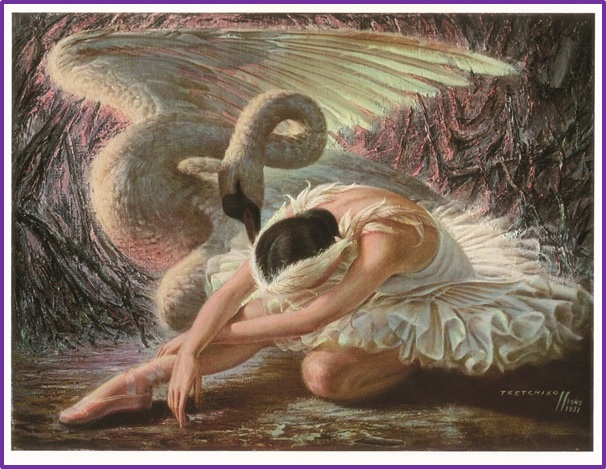Hindsight for Monday, May 16, 2022
THERE’S A line I remember from a college course in Greek drama—specifically the play Agamemnon by Aeschylus—where Zeus memorably explains why the gods bring pain and torment to humans, when they could just as easily shower them with joyful blessings: “Justice inclines her scales so that wisdom comes at the price of suffering.” Man suffers, so he will learn.
I kept going back to that line this past week as I tried to comprehend the enormity of what had just happened: by what appeared to be a huge majority, our people had chosen a dictator’s son to lead this country for the next six years. Despite reports of massive vote-buying and irregularities at the polling stations, I wasn’t even contesting the overall results—I was never much of a conspiracist—but asking myself how and why the masses of our people keep making poor choices at the ballot box, voting against their own strategic interests. (Am I being presumptuous to sit in judgment of our average voter? Yes, and I make no apologies, having lived through martial law, all three EDSAs, Garci, tokhang, and Covid.)
Did we not suffer enough over the Marcos years and from the plunder and repression enabled by martial law to have learned that unbridled authoritarianism is a curse on everyone, both despot and citizen alike? Clearly not, or we would not be here today, facing the restoration of that rapacious regime. And it will be because—going by the moral logic that informed the Athenian stage—we have brought it upon ourselves, by casting more votes for the very same people whose greed we continue to pay for, and will pay yet more for, all over again.
In that case, should we flog ourselves over that seeming poverty of collective wisdom? Shall we call ourselves stupid and even hopeless, to have gained the freedom to vote, only to squander it for the benefit of those who took it away in the first place?
Of course, the right to vote never came with any assurance of voting wisely and responsibly, with democratic values foremostly in mind. For those whose lives have never changed regardless of administration, it can simply be another source of easy income. For others, it can be a form of personal revenge for injustices suffered daily, for the sharp tongues and heavy hands of otherwise pious employers. Still others might simply want, for once in their lives, to be part of what they think is the winning side.
From these “winners,” we can expect a barrage of gloating and taunting, which has already begun. The cynical will remind us that we were wrong to have even hoped and tried; this was all foreordained by the numbers, which are the only thing elections are ever about. Some will even trot out that hoary quote, “Vox populi, vox Dei,” to stamp divine approval upon this outcome. In other words, we were all just exercising our free will, our freedom of choice, which after all is central to democracy. Only sore losers cry.
But then again, free will has never guaranteed critical intelligence. Which leads me—not being a political scientist—to ask these questions of those who might know better:
What if that “freedom” had been subverted and compromised by massive and deliberate disinformation? Was it still a free citizen who willfully cast a ballot for someone provably inimical to democracy, or a wound-up robot executing a series of plotted motions? Can we blame the desperate and the misled? Can we still call it a “free, fair, and clean election” if the fraud already started many years before, in the distortion of history and the rehabilitation of unpunished convicts?
If and when voters elect a buffoon and a bully president—like they did with Donald Trump, among other such demagogues we know—does that validate buffoonery and bullying, and make them acceptable? Does it wipe the slate clean, erase all liabilities, and establish a new norm for political behavior? Most simply—as millions of us must have been thinking these past few months—if the president refuses to pay his lawful taxes, can we be morally compelled to pay ours?
Vox populi, vox Dei—if this was God speaking, what was he saying? This is what I’m hearing: “By your own choice, I am giving you this man to be your president—so you will learn.”
I wonder how much more suffering we shall have to endure for our people—especially the generations post-martial law—to learn that voting has personal consequences, that the Marcoses do not represent “moving on” but sliding back into the dismal past, and that this election was their best chance in ages of creating a true “golden era” of humane, honest, and progressive governance, instead of the tinsel fantasy they’d been sold. How and when can we value the truth once more?
Again, Aeschylus—writing half a millennium before Christ—throws us a line from Prometheus Bound, spoken by the hapless girl-turned-cow Io. Hounded by a gadfly, Io is in constant pain, and tells Prometheus her tale of woe; but she insists, at the end of her story, that she wants to know her future, however difficult it might be: “If you can say what still remains to be endured, tell me; and do not out of pity comfort me with lies. I count false words the foulest plague of all.” This campaign saw innumerable “false words” rain down on our electorate, not just words of spite but also of artificial sweetness.
I am angry and dismayed, but not without hope. In Io’s case, despite her terrible travails, she learns that her future is much brighter than she would have expected—she will be restored to human form, and would count among her descendants the great hero Hercules.
We can yet be the progenitors of our best selves as Filipinos. We just need to endure, to learn, and to endure some more.



